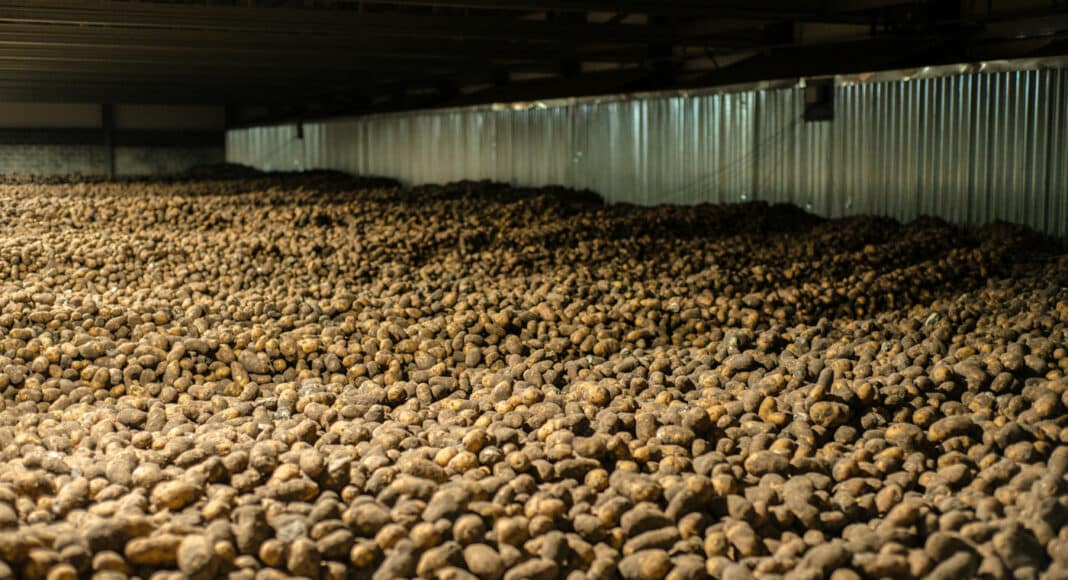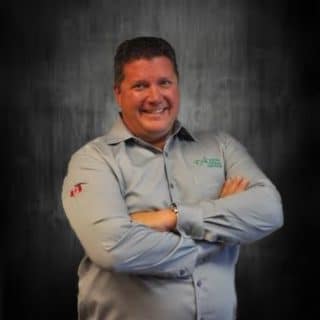While North America is a global leader in so many areas, I hope we’re smart enough to recognize that we’re not the only ones innovating and responding to changing production and political pressures. I wouldn’t say Europe is doing a better job of potato storage, but they are doing a very different job of it. What might we learn from them? Could there be opportunity to pull together the best storage knowledge from around the world to build a better system here at home? One thing is certain: Europe is already tackling some of the challenges that are quickly coming our way:
- Energy consumption: European potato storages consume a fraction of the energy that potato storages consume here in North America. That might have been okay when North American energy was relatively cheap, but the hard reality is that energy costs are skyrocketing here. Europe’s much smaller storages and the naturally higher humidity in some European growing regions lend themselves to lower energy costs. Still, it’s time to follow Europe’s lead on attitudes towards energy usage in potato storage, both to save dollars and to retain social license to operate.
- Storage products: North America is going to face a challenge — a huge challenge — when our governments follow Europe’s lead in deregulating CIPC. We can either wait with our heads in the sand, or we can learn from Europe’s tackling of the same issue so we’re ready when that change comes (and make no mistake: that day is coming).
- Supply chain size: In North America, we tend to think bigger is better. In the case of supply chains, that can be true: scaling up often increases efficiency. However, our giant and integrated supply chain in North America carries transportation costs and challenges. In the fresh pack industry, for example, Europe is able to mitigate many of the loss, damage and transportation cost issues inherent to the North American supply chain because they prioritize local sales and a very short path from storage bin to kitchen.
- Managing waste: Food waste at both the consumer and the producer levels is a big topic of conversation in Europe and key component of the EU’s Farm to Fork strategy. EU countries have signed on to halve per capita food waste at the retail and consumer level by 2030, and to reduce food losses at production and through the supply chain through monitoring and legally binding targets. Again, I see this as an area where we have a choice: we can learn from Europe’s experience and choose to proactively manage through industry-led change now, or we can ignore Europe’s example and wait to have change mandated upon us.
Again, let me reiterate: I’m not suggesting Europe is doing a better job of potato storage than we are here, or that it’s even possible to copy Europe’s systems given the unique features, opportunities and challenges of potato production and storage in North America. However, I am an advocate for learning from our neighbours — those right across property lines and those on the other side of the globe. Sharing knowledge is a big piece of why I think there’s such a need for a potato storage-specific conference (speaking of: thanks to all who reached out after my last column to say they’re on board with the potato storage conference idea – let’s keep that enthusiasm growing!).








